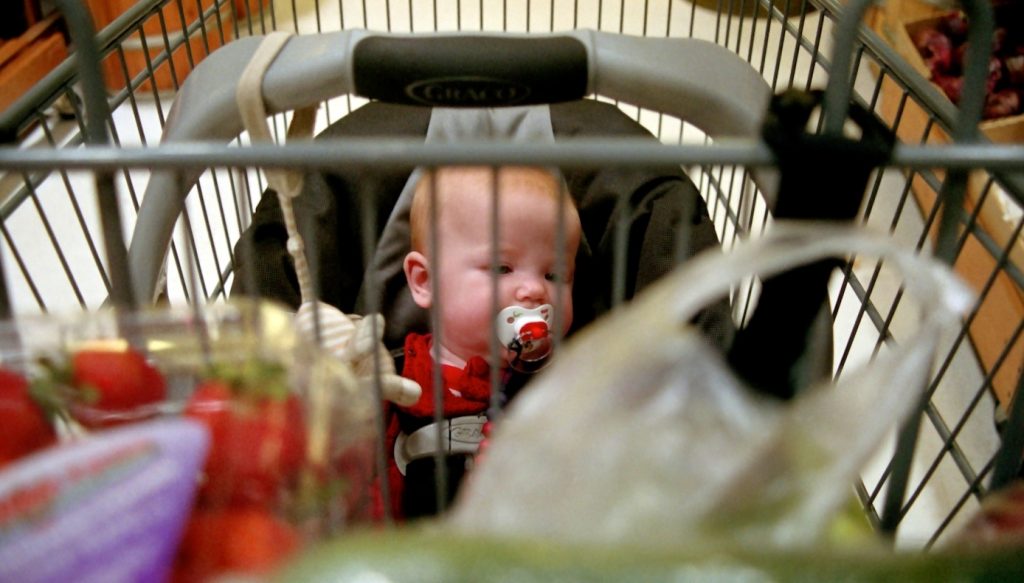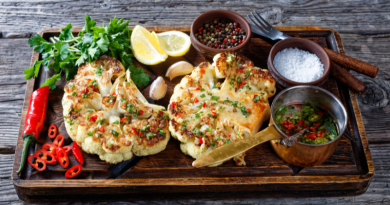Edible film made from essential oils can protect foods better than plastic
(NaturalNews |Ethan A.) Forget the plastic and chemicals: The best food preservatives may actually be all-natural essential oils. New research published in the Journal of Agricultural and Food Chemistry found that an edible film coated in the essential oils of clove and oregano kept bread fresher for longer than conventional plastic combined with a food preservative known as calcium propionate.
Researchers from the Department of Food Technology at the Federal University of Vicosa in Brazil decided to test the effects of essential oils after learning about their antimicrobial properties. Recognizing a need for modern solutions to food preservation that avoid the use of toxic chemicals, the team began evaluating how essential oils embedded into food packaging might be the solution.
Using low-speed mixing and ultrasonication techniques, the researchers formed coarse emulsions and nanoemulsions, respectively, of both clove bud (Syzygium aromaticum) and oregano (Origanum vulgare). They then added methylcellulose, a type of edible fiber, in order to create film sheets out of the essential oils.
When they applied the edible sheets to preservative-free bread, the team observed a marked decrease in both yeast and mold counts after 15 days, with the smaller-sized particles providing more enhanced preservation. Compared to calcium propionate and plastic, the essential oil sheets maintained the bread’s freshness for longer and did not wear off like conventional preservatives.
“Both essential oils reduced the rigidity and increased the extensibility of the methylcellulose films, effects that were even more pronounced for nanodroplets,” wrote the team. “Both essential oils lessened the counts of yeasts and molds in sliced bread during 15 days, and droplet size reduction provided a further improvement in antimicrobial properties.”
Essential oils are superior to plastic and chemicals
Interestingly, the essential oil infusions worked better than calcium propionate at inhibiting mold growth on bread. This is important, as natural solutions are often viewed as being inferior to conventional ones, which in this case did not even prove the same long-term protection against mold growth.
Using plastic and chemical preservatives to extend the shelf life of food is also problematic in that plastic can leach a host of other chemicals into food that may cause health issues. These include plasticizers, phthalates and other hormone-disrupting compounds that are largely invisible but potentially deadly.
“Leachables from plastics can include everything from leftover monomer building blocks to additives used to make plastic strong or malleable,” reads a report by Chemical & Engineering News, which is published by the American Chemical Society (ACS).
“Probably the most infamous leachable from plastics is bisphenol A (BPA), which is used as a building block in polycarbonate bottles and in the epoxy-resin liners of metal cans.”
Essential oils: the wave of the future for food preservation
The potential applications for essential oil-infused edible packaging extend far beyond just food that is typically wrapped in plastic. Metal, paper and even glass containers sometimes leach chemicals into food as well, and experts warn that governments around the world completely ignore the threat of chemicals leaching into pharmaceutical drugs, the packaging of which is not regulated.
“If you have a material in contact with food, and if it’s not completely inert–and there are no completely inert materials–something in the packaging will end up in the food,” says Dimitrios Spyropoulos, a regulator at the European Food Safety Authority (EFSA) who helped lead an investigation into chemical leaching from food packaging back in 2009.
Sources for this article include:
http://science.naturalnews.com
Learn more: http://www.naturalnews.com/045645_food_packaging_edible_plastic_essential_oils.html#ixzz4FzedviFV
Source: Natural News
You may also like:




